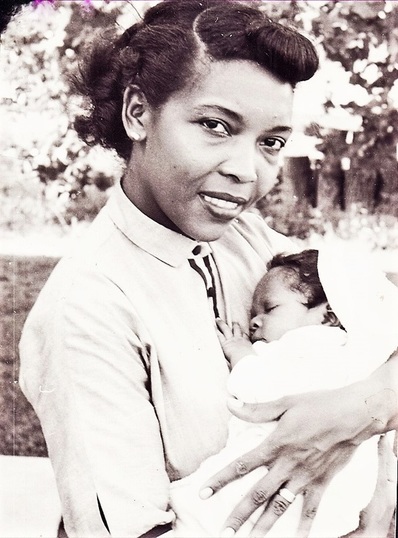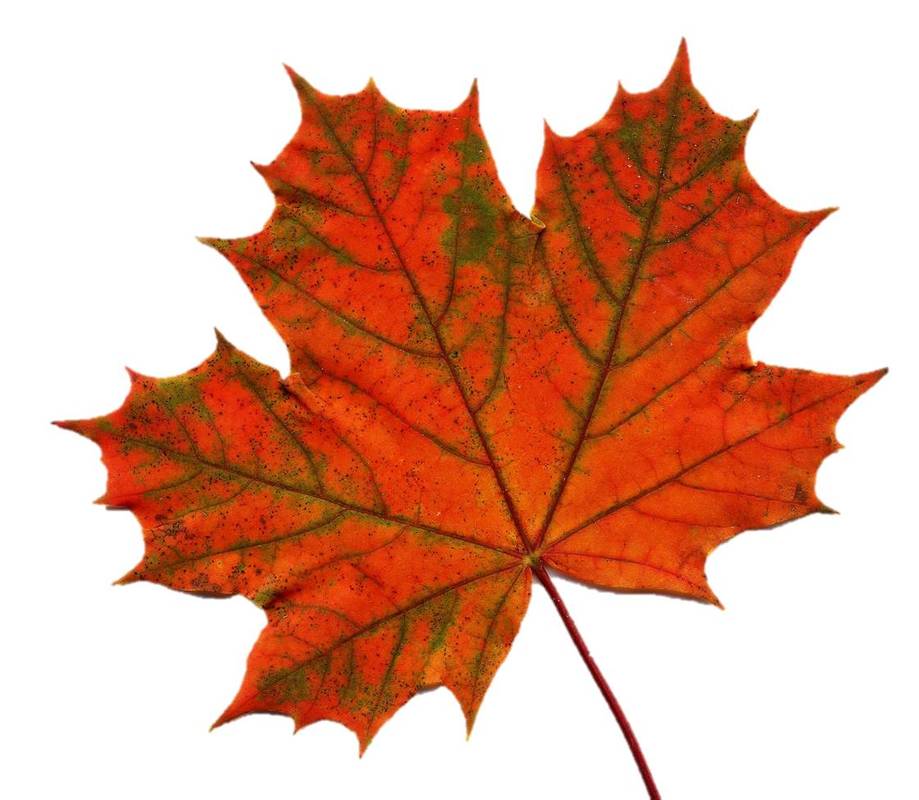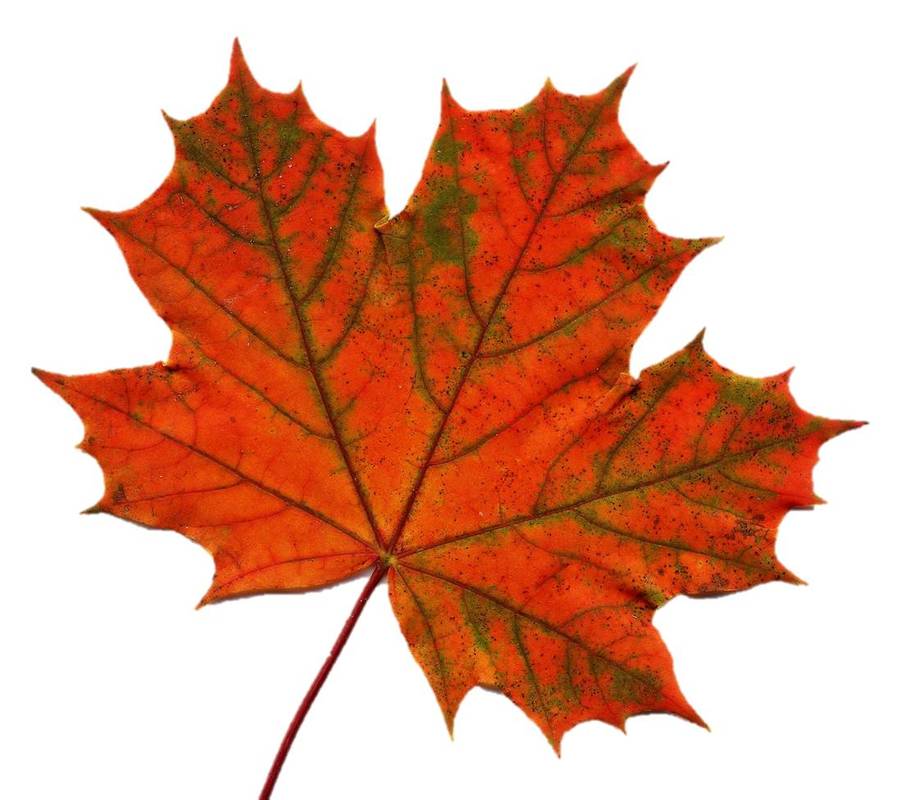A Dream Come True: How We Found and Bought The Farm

In 1961, Jack had a job offer at the University of Vermont Medical Center. He traveled from Cleveland, Ohio to Burlington, Vermont to meet with the Chairman and staff of the Department of Pathology. He stayed at Hotel Vermont in Burlington and took a few days to look around. While reading a local paper he noticed an article about a town called "Charlotte". The very name enticed him. He caught a bus to Shelburne and then walked south down 6 miles of a dirt road to find and explore the rural farming town. He soon found himself on Greenbush Road, which back then was an even smaller dirt road that eventually led him to an old run-down farm.
It was a farm that no one wanted. Standing at the front and center of the property, guarded by giant old Black Locust trees, was a large white colonial farm house built sometime between the late 1700's and the early 1800's and in need of major repairs. The real estate agents in the area called it "The White Elephant"-- a disparaging term they used to reference its large size and undesirability. The property had been on the market for years.
It was a farm that no one wanted. Standing at the front and center of the property, guarded by giant old Black Locust trees, was a large white colonial farm house built sometime between the late 1700's and the early 1800's and in need of major repairs. The real estate agents in the area called it "The White Elephant"-- a disparaging term they used to reference its large size and undesirability. The property had been on the market for years.
|
Jack, however, fell in love with the place immediately: for him, it was a dream come true! Bursting with excitement, he telephoned Lydia, who had stayed back in Cleveland with their two young children, to tell her all about it.
Right: Part 1 of the video "An African American Legacy and a Magical Place: The Clemmons Family Farm in Vermont." (8 minutes) |
|
Jack and Lydia agreed to buy the property in Charlotte, and they sold their house in Cleveland for $12,500. The intrepid couple used this money for the down payment on the "White Elephant" and 10 acres, and moved to Charlotte with their two young children in 1962. The following year, Lydia's parents re-mortgaged their own home in Harvey, Illinois to help the couple pay the mortgage. Lydia used all of her savings from her work as a nurse, and her sister and other family members and friends chipped in as well to loan them the additional money to buy the remaining 138 aces of property.
The total purchase price was $35,000: an astronomical amount of money for a young African American couple in rural Vermont in the early 1960's. Their families were not wealthy people. It took the combined efforts of an extended network of their family members to gather enough money together to purchase the farm. Without the help of their family and friends, it would have been impossible for the couple to have manged financially on their own. Even so, it took Jack and Lydia 30 years of hard work and frugal living to pay off the mortgage and to reimburse their families for the personal loans.
Over the next 50 years, Jackson and Lydia used every spare dollar and minute they had to lovingly restore the farm house and the other historic buildings on the property: a dairy cow barn, a horse barn, a granary, a shed, and a blacksmith shop. The property was a fully operating family farm, producing organic hay, corn, livestock, poultry, vegetables and fruits.
In addition to their busy lives on the farm, Jack and Lydia had full-time careers in medicine and in nursing, raised five children, traveled the African continent, and ran the first African art import mail order business in the United States right on their farm in Charlotte.
The total purchase price was $35,000: an astronomical amount of money for a young African American couple in rural Vermont in the early 1960's. Their families were not wealthy people. It took the combined efforts of an extended network of their family members to gather enough money together to purchase the farm. Without the help of their family and friends, it would have been impossible for the couple to have manged financially on their own. Even so, it took Jack and Lydia 30 years of hard work and frugal living to pay off the mortgage and to reimburse their families for the personal loans.
Over the next 50 years, Jackson and Lydia used every spare dollar and minute they had to lovingly restore the farm house and the other historic buildings on the property: a dairy cow barn, a horse barn, a granary, a shed, and a blacksmith shop. The property was a fully operating family farm, producing organic hay, corn, livestock, poultry, vegetables and fruits.
In addition to their busy lives on the farm, Jack and Lydia had full-time careers in medicine and in nursing, raised five children, traveled the African continent, and ran the first African art import mail order business in the United States right on their farm in Charlotte.




